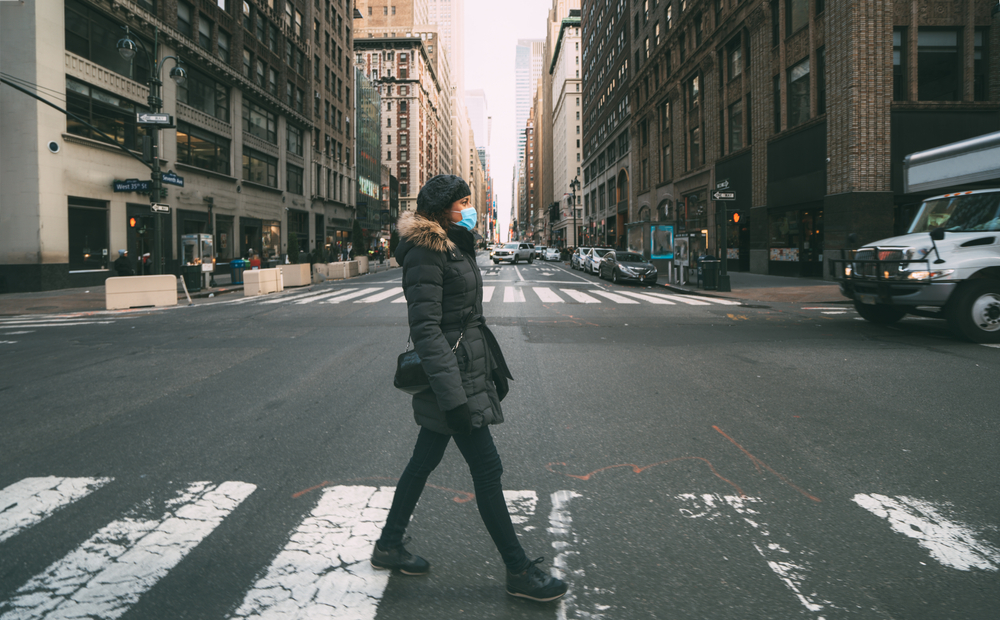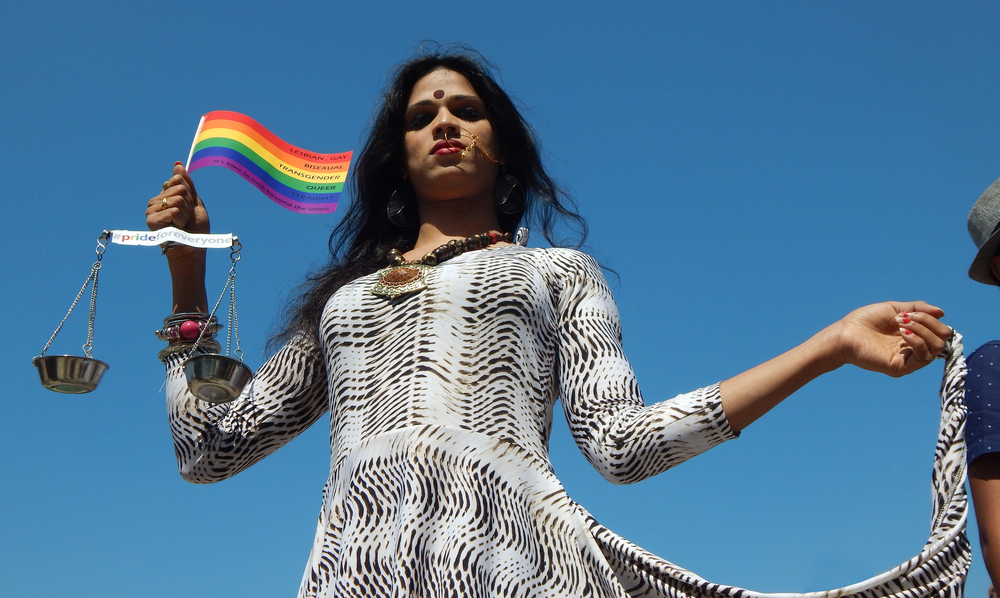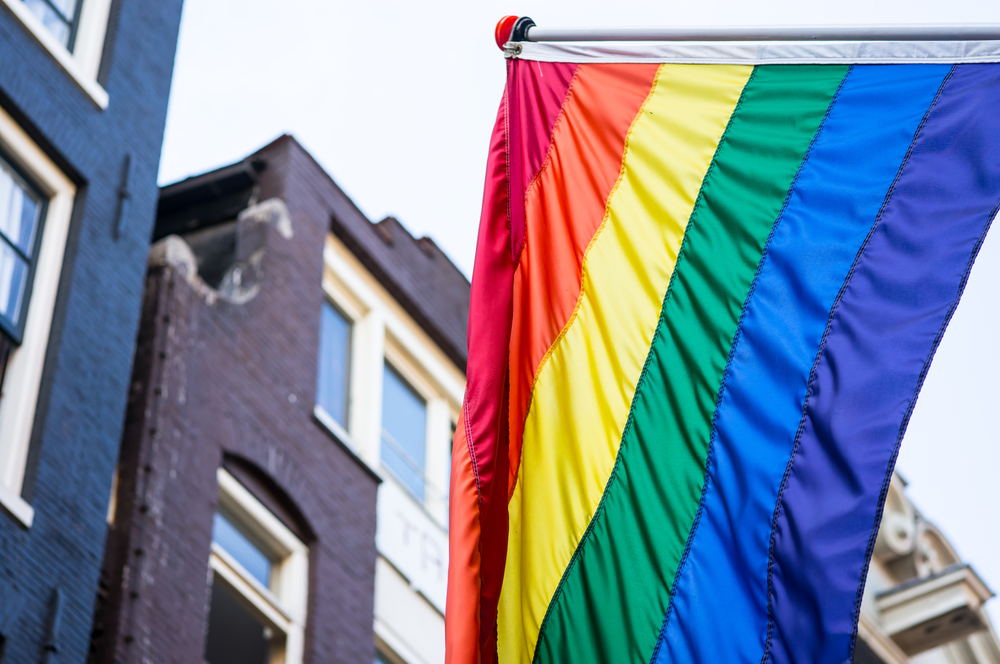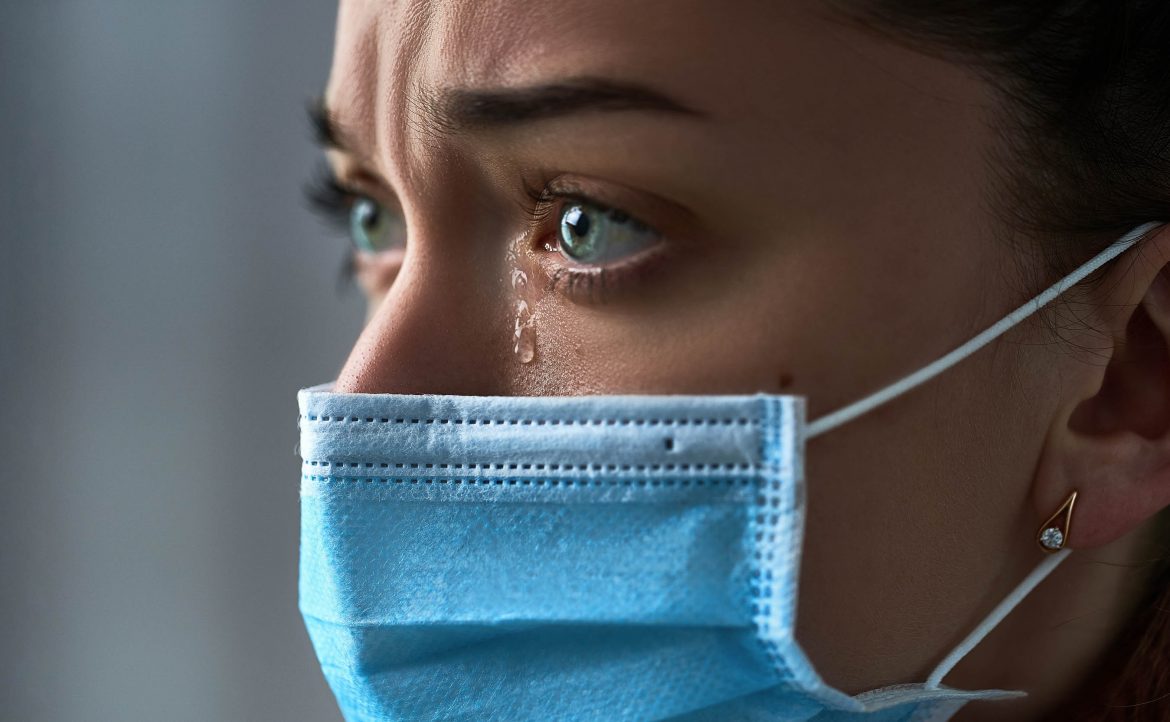Recently, OutRight International released a shocking report about the impact the COVID-19 pandemic is having on the LGBTQ+ community around the world. The study discovered seven areas of oppression that need to be addressed. To combat these problems, OutRight partnered with the United Nations to hold a digital conference to address the results. Hundreds of people from around the world attended the meeting, including UN representatives, nonprofit leaders, and media outlets. PASSPORT magazine was honored to be one of the outlets invited to participate.
The group discussed the issues at hand and how best to solve them. One of the main topics that was repeatedly brought up is the fact that the LGBTQ+ community was already disproportionally disenfranchised before the onset of the pandemic. Here are the seven main findings from the report, and how we may be able to address these challenges to our lives and livelihoods.

Flags at the UN (Photo: ArtisticPhoto)
1.) Devastation of livelihood and increasing food insecurities
The LGBTQ+ community has high levels of informal work, including work that tends to be sporadic and without steady pay and/or benefits. The community also has a high number of people who are sex workers, as well as many who live in poverty. Finding employment (especially in the informal sector) during the pandemic is challenging, but it’s even more so for the queer community. Many around the world struggle to find and hold employment due to things like stigma and homophobia.
2.) Disruptions in healthcare
Healthcare systems around the world are overwhelmed because of the pandemic. This is causing numerous problems within the LGBTQ community. Getting access to HIV medication and PrEP has been difficult and there have been delays in receiving it. Also, trans people are finding it hard to receive hormone treatments and other gender-affirming care.
Another big issue is the fear that queer people have of the medical field. Around the world, it’s normal for LGBTQ people to face discrimination from doctors or even be refused care. This has led many within the community to be wary of health workers, and numerous people have reported delaying care until the situation is dire.
3.) Increased risk of violence
Soon after lockdowns were implemented, rates of domestic violence around the world began increasing. In February, during the height of China’s pandemic, some regions were even reporting a 3x increase in domestic abuse cases. The issue is amplified for members of the LGBTQ community, especially youth, who are stuck at home with families who may not accept them. In fact, during the UN meeting, one activist even said that some queer people are calling LGBTQ hotlines while physically hiding in their closets, making sure to not let their family hear them.
4.) Social isolation and anxiety
It’s common for LGBTQ people to feel distant and unaccepted. Many have had issues with their family, their faith, and society in general. It’s a known fact that many within the community rely on their “chosen family” for friendship and support. As the pandemic forces everyone to distance from each other, it’s especially hard for queer people who may not feel accepted and wanted at their home.
Furthermore, the LGBTQ community has a disproportionately high level of mental illness, including depression and anxiety. The current situation only exacerbates these further, with many fearing they will lose their jobs, or their lives.

COVID-19 has shut down the global economy (Photo: Ivan Marc)
5.) Fear of societal violence and discrimination
It’s common for LGBTQ people to be blamed for disasters and disease. Most notably, the HIV outbreak, where many religious and political fanatics blamed gay people for bringing the pandemic upon themselves. But this has been the case in many more instances. During the Ebola outbreak, the Liberian Council of Churches even issued a statement that the disease was God punishing mankind for their wicked behavior, including things like homosexuality.
And sadly, this trend has even continued into the coronavirus pandemic, with many religious leaders blaming this on queer people, stating that COVID-19 is God’s punishment. Now, many LGBTQ people around the world have said that they’ve personally heard derogatory comments during the pandemic and fear violent attacks against themselves and their friends.
6.) Abuse of state power
Although drastic sweeping measures are needed during times of crisis like the COVID-19 pandemic, it’s important for nations to not use their temporary emergency powers for unjust reasons. The UN even released a statement calling out countries like Uganda, who raided an LGBTQ shelter during the lockdown, beating some residents and arresting many. Other countries that have been noted for breaching international law are Poland and Hungary. There are fears that certain countries will continue taking authoritarian movies during and after the pandemic, hurting marginalized communities and the disenfranchised.

Fighting for rights at Queer Swabhimana (Photo: reddees)
7.) Fearing the fate of the LGBTQ community
The lockdowns around the world have shuttered queer spaces like bars and clubs, which, for some, are the only safe spaces they have to meet and mingle with others in the community. Furthermore, the lockdown has hindered nonprofits and social organizations. They’re no longer able to hold fundraisers, community events, protests, and of course, pride celebrations. Aside from the dramatic loss of funding these operations are seeing, many LGBTQ people fear that the community will lose visibility and that the queer rights movement could slide backward.
During the UN meeting, activists from around the world told their stories, and we all asked how change can be made. It was said that on a governmental level, the crisis can best be addressed with LGBTQ welfare in mind in five ways:
- Acknowledge that LGBTQ people exist – Having a government that supports the very existence of the community sends a dramatic message to its citizens that we are humans and can’t be taken for granted.
- Support civil society – People, families, social organizations, and communities all mater just as much as corporations. It’s important to work with, and defend, civil society.
- Protect LGBTQ people from harm – It’s a government’s job to protect its citizens. LGBTQ people are citizens and deserve to be protected.
- Indirect discrimination is still discrimination – All people have the right to feel safe, feel protected, and feel comfortable where they live, regardless of things like sexual orientation or gender identify.
- Representation matters when creating COVID-19 strategies. LGBTQ people are disproportionally impacted by this crisis. Governments need to understand this and work with community leaders to resolve these issues.

LGBTQ pride (Photo: KIRAYONAK YULIYA)
During the event, we discussed how many LGBTQ organizations are facing hardships, including a lack of funding or an inability to receive the proper supplies they need. We, as a community, need to support LGBTQ-centric nonprofits and help those who are less fortunate when we can.
Furthermore, staying involved is a great way to keep the community alive during this crisis. Follow nonprofits on social media, find out if there are ways you can help, support independent artists on platforms like YouTube, volunteer your time (if you have it) to crisis hotlines, or simply reach out to a friend who might be in need.
Though times are tough, the LGBTQ community is resilient. We can weather any storm that comes our way. It’s all about planning, working together, fighting for change, and celebrating our diversity. For the full report, click here.


